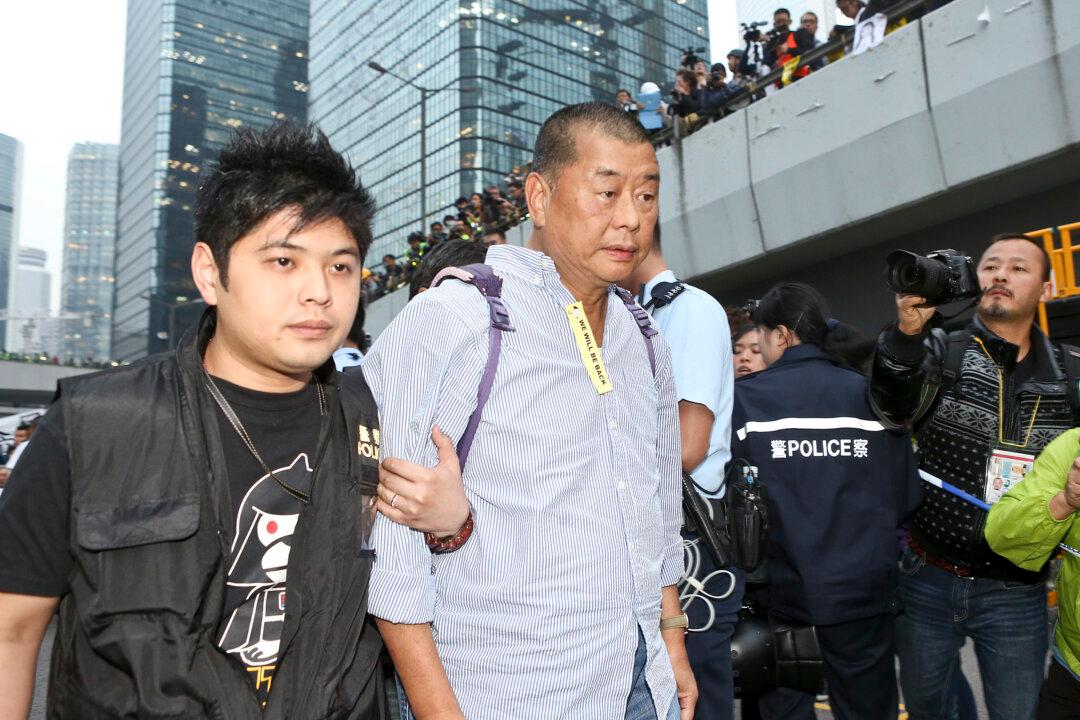The United States is “deeply troubled” by the arrest of Hong Kong media tycoon Jimmy Lai, White House National Security Adviser Robert O’Brien said in a statement on Aug. 10.
Hong Kong police arrested Lai, a strident critic of the Chinese communist regime, on Monday, along with two of his sons, Lai Gin-yan and Chow Tat-kuen, and several executives from his media company, Next Digital.





